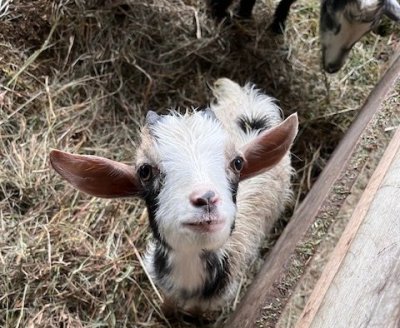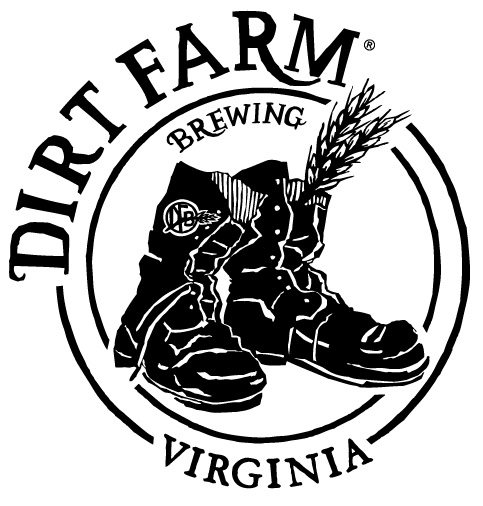“That’s Saffire,” Molly Kroiz explained, nodding at the goat who’d turned to look us over. “She used to be the queen, but there was a coup d’etat last summer, and […]
Community Supported Agriculture, CSA, Produce Farm, U-Pick, Field Trips in Loudoun County, VA
▲


